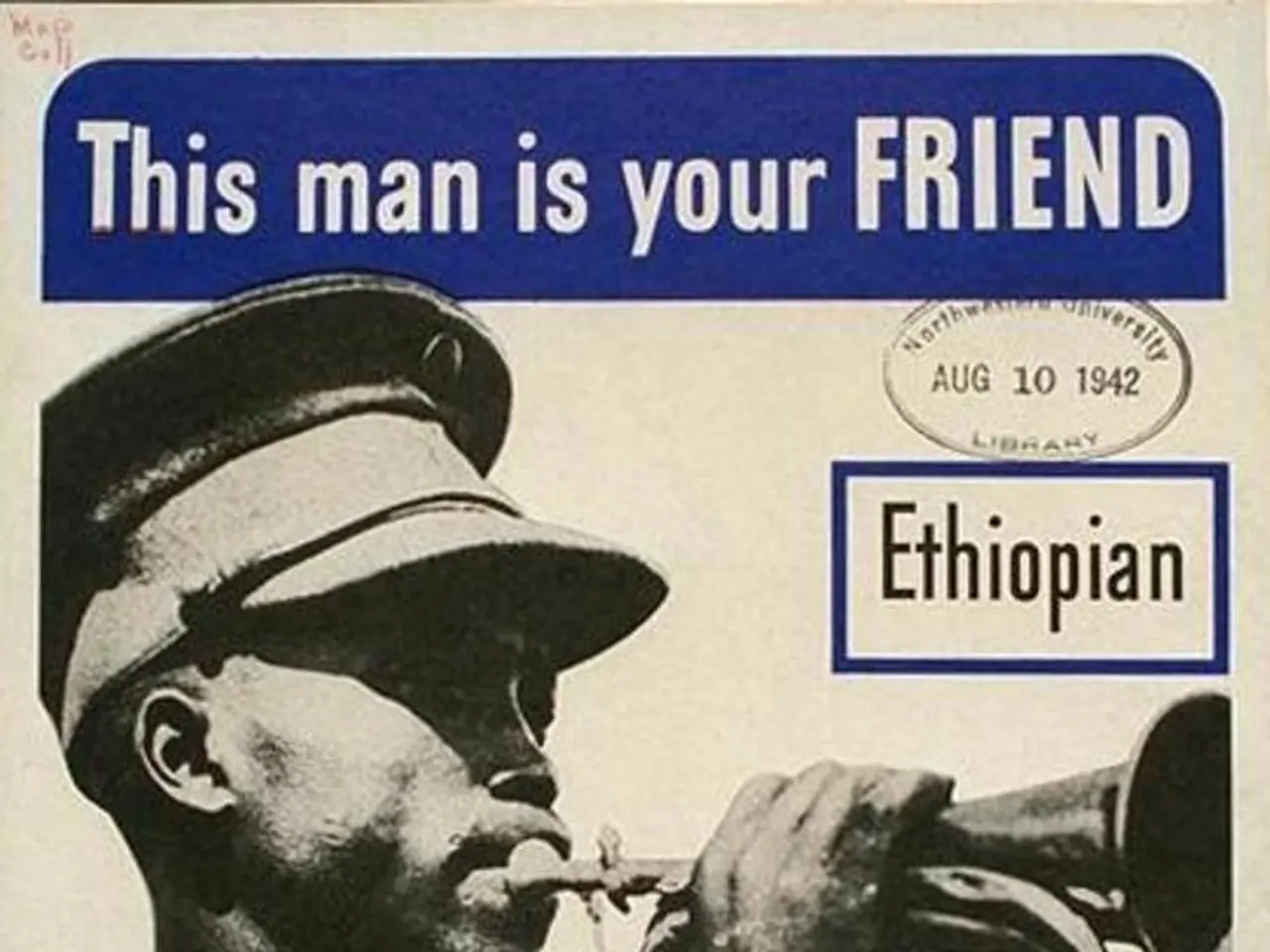Struggles Faced by Democracy During Times of Separation or Solitude
In today's world, where technology is rapidly evolving and choices about leadership and social direction are being made, the concept of power and privilege profoundly impacts interpersonal relationships and mental health.
Power and privilege refer to unearned societal advantages held by dominant groups that shape everyday interpersonal dynamics, controlling who is heard, validated, or marginalized in communication and emotional labor. In an era of technological isolation, these effects intensify.
Digital communication often lacks nonverbal cues, making it easier for privilege-based misunderstandings or dismissals of others’ experiences to go unchallenged, perpetuating emotional and power imbalances. The absence of physical community support exacerbates the mental health burden on marginalized people, who may already face systemic barriers to care and emotional validation.
Privileged groups may unconsciously dominate online spaces, marginalizing others, and maintaining oppression via interactions even in digital contexts. These dynamics contribute to mental health disparities, as marginalized individuals experience increased stress, invalidation, and isolation.
Navigating these power imbalances requires active allyship, involving listening to marginalized voices, leveraging privilege to challenge oppression, and avoiding performative gestures that center the privileged person rather than the impacted community. However, technological isolation can impede this work by limiting opportunities for authentic interpersonal engagement and accountability.
The heart of democracy involves meaningful relationships that provide diverse and dialectical connections. In an era of isolation, democracy can be likened to a sporting event where opponents agree to basic rules of engagement. However, only those who shout the loudest are heard, and listening is the biggest challenge of democracy in an era of isolation.
The author, Dane Jorento, MSW, LICSW, emphasizes the importance of sharing power in families, organizations, cultures, or nations. Sharing power maximizes empowerment for everyone, ensuring no one is voiceless or powerless. Freedoms are for everyone; if not, it is a privilege, and the price of privilege is isolating.
The author intentionally starts each Era with the letter "I", highlighting the individual's role in shaping society. Isolation, whether physical, mental, or social, can result from a lack of such relationships and leads to a breakdown of humanity and mental health. Dehumanizing others outside one's comfort level is a common outcome of isolation.
Respectful and validating dialogues are crucial in democracy for mental health and a worldview beyond oneself. Learning how to connect with and be responsive to others begins at home, with parenting being a key aspect of positive parenting involving sharing power responsibly.
In conclusion, power and privilege shape both the quality of interpersonal relationships and access to mental health resources, with technological isolation acting as an amplifier of inequities in how emotion, support, and communication are exchanged across social positions. It is essential to foster meaningful connections and promote active allyship in an effort to combat these challenges and create a more equitable society.
[1] Saunders, J. (2018). The Power of Privilege: How Injustice Shapes White Life in America. Beacon Press. [2] Thomas, K. W., & Duckworth, M. (2011). The Power of Privilege: How Injustice Shapes White Life in America. Beacon Press. [3] DiAngelo, R. (2018). White Fragility: Why It's So Hard for White People to Talk About Racism. Beacon Press. [4] Crenshaw, K., Gilmore, A., & Pendergrass, A. (2015). The Intersectionality Project. Ford Foundation. [5] hooks, b. (2014). Teaching to Transgress: Education as the Practice of Freedom. Routledge.
- Cultivating relationships that prioritize emotional well-being and mutual respect is vital in combating the impact of power and privilege in today's digital landscape, particularly in regard to mental health and personal growth.
- Therapy and education-and-self-development can play significant roles in nurturing self-awareness and empathy, essential tools for understanding and bridging family-dynamics and interpersonal power imbalances.
- By acknowledging and challenging systemic disparities in access to mental health resources and emotional accountability, society can strive towards a more equitable lifestyle where power and privilege no longer exert undue influence on interpersonal relationships.
- Promoting communication and engagement in diverse settings, from families to online communities, while fostering authentic personal growth and advocacy for marginalized voices, is crucial in dismantling privilege and fostering healthy, supportive relationships.




